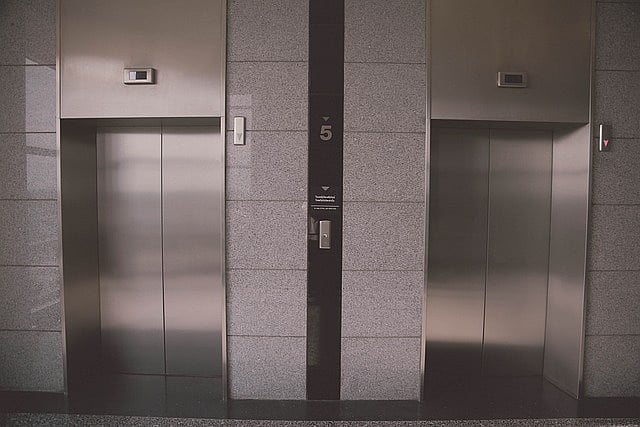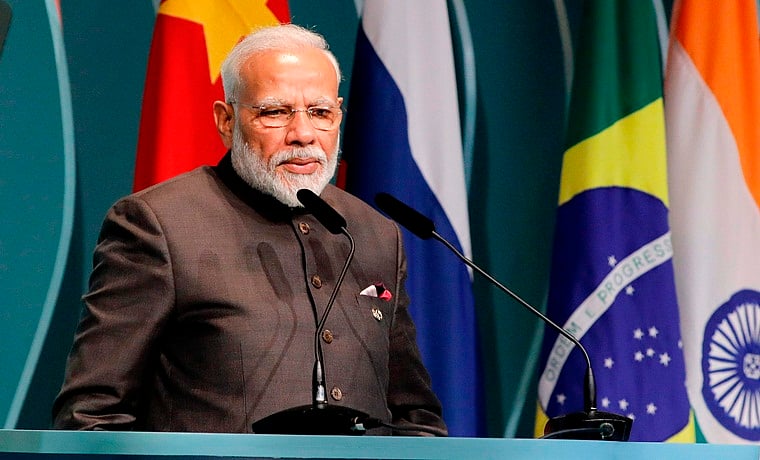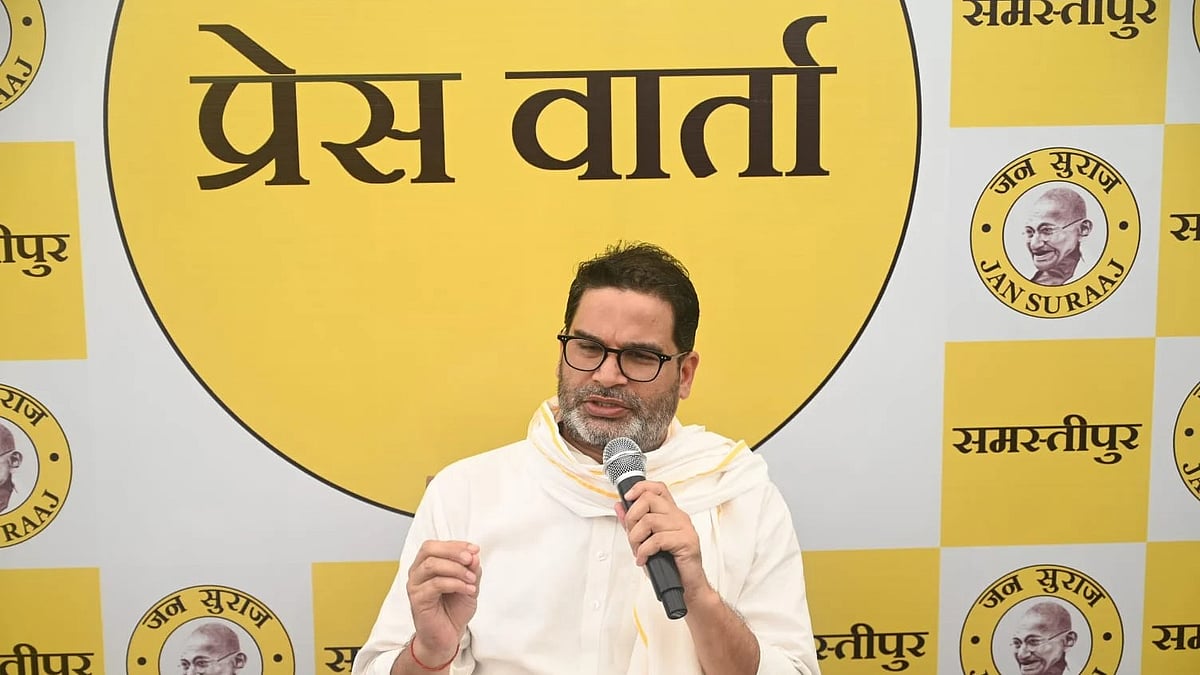I didn’t expect to write this two weeks ago after I had written my previous article, and I was planning to get back to thinking of urban issues of parking, the city and pedestrian life.
As I usually do, I posted my piece of Jan 11 on social media, and made few forwards on the link to friends and clients. The usual congratulations and encouraging replies, and then of course quiet. But in the days that followed came the ones that shook me a bit.
A friend, who used to live in Bombay but has has since moved to a simpler life in the hills, wrote in to tell me about her sister’s experiences of using lifts in apartment block in Mumbai. Her sister gives individual tuitions to school children. She wears a hijab and just because of this, she is asked to take service lifts in all the buildings she teaches kids at. Visitors in hijab, servants and delivery persons are only allowed to use the service lifts in these complexes. When she later stopped wearing the hijab, there was no objection. No hijab, no problem.
Closer home I remember visiting my landlord’s flat in a posh housing society for ex-armed forces personnel in South Delhi, some years before Covid hit. In the lift lobby on every floor were laser printed labels untidily taped above the the call buttons — “Residents Only” on one lift and “Others” on the second. I wondered who these “others” would be? Guests? No, I’m sure they would use the first lift to absolutely nobody’s objection. So who does that leave? Delivery persons? House help? Service technicians? Maintenance workers? Milk and fruit vendors? Are these all second-class citizens, who do not enjoy the rank, respect and class of the ex-services gentry?
To me it was fascinating to see persons form the forces suddenly practising apartheid and othering, to see them actively engage in differentiating between citizens and themselves in the very same country they might have laid their lives down for, till some years ago. Does the very courageous act of sacrifice and national service justify this post-service social elevation in their new afterlives?
I might not have written about it if it had just been that. We come to be accepting of a lot of un-civil behaviour, especially from elders on account of their age, and a cultural conditioning of “respect”. I too might have let it pass. But another client and friend sent me a response that I am quoting here, with names changed: “Where we live in Gurgaon, while there are toilets for the staff and heaters provided to security guards in the winters, there are separate lifts for the staff and the swish set. It's not labelled such, unlike several other apartment complexes in Gurgaon. It's more insidious and everyone knows the rules. Also, house help may walk only for work to and from the main gate or the shops inside, but are not allowed to walk through the complex for leisure. I know this because during the lockdown we encouraged our staff, cooped up in the flat with us, to go out for walks just like we did — only for them to come back after being humiliated. Saurav and I tried to argue with the management and the RWA but to no avail. Am just waiting for our place in the hills to be done, so we can leave Gurgaon for good. (It is an) awful, inhumane place.”
So what does this have to do with urbanism? And the City? And Design? You could say nothing — and I would say everything. And I say EVERYTHING not without good reason. As much as most people would like you to believe, design is NOT problem-solving. It is about making the world a better place — a better place for everyone.
The lives we live and the conveniences we afford are made possible by the work and help and circumstance of millions of fellow citizens who have been less fortunate in the social-economic rollercoaster of our country. Education, opportunity and wealth in no way make us more deserving of infrastructure or urban conveniences and civility than those who do not have the same paying capacities or do not enjoy the gifts of governance. It is a hard life for most. If you would take the trouble to walk into their small houses in unauthorised colonies, where even getting a regular supply of water can be a struggle, you would see what your privilege rides on.
A lot of this harks back to notions of clean and unclean, and caste — and brings out the most inhuman in us.
I do not grudge that privilege, inherited or earned — it is yours to enjoy. What irks is the misinterpretation or, more, the deliberate attempt to deny and curtail the joys and freedoms of the less fortunate, as if they are taking away your toys! I remember once saying to a friend that you cannot talk about urban design from the back seat of a chauffeur-driven car. Similarly, you cannot talk about a better future if you have different lifts for the “servants”. The world is large enough for everyone, and a little sharing can make it a better, safer, happier one.
Henri Fanthome, an architect who trained at the SPA, lives and works out of Mehrauli, Delhi and writes about design and urban spaces









